Linen yarn is crafted from the fibers of the flax plant. These fibers are extracted and processed to form long, fine threads suitable for weaving, knitting, and textile crafts.
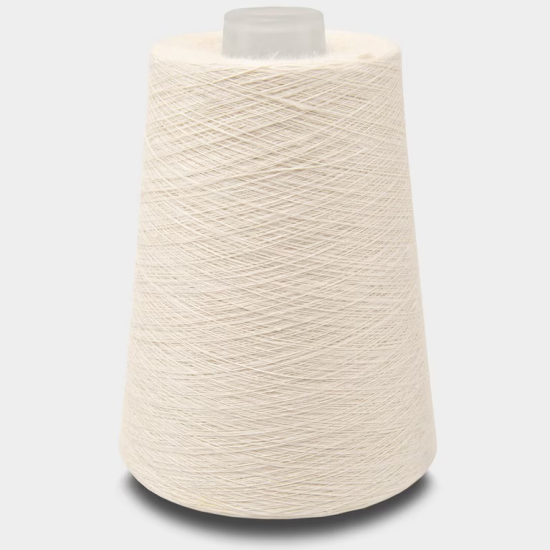
The Characteristics of Linen yarn:
1.High Strength: Linen fibers exhibit excellent strength, rendering linen yarns less prone to breakage or damage during use, thus imparting durability to the textiles made from it.
2.Moisture Absorbency: Linen fibers possess good moisture absorbency, swiftly absorbing and releasing moisture, thus ensuring dryness and comfort for the wearer. Linen garments are particularly appreciated for their coolness and breathability, especially in hot climates.
3.Breathability: Due to the inherent structure of linen fibers, linen yarns offer excellent breathability, facilitating airflow and promoting good ventilation, which is beneficial for maintaining skin health.
4.Luster: Linen fibers have a natural sheen, imparting a subtle luster to linen yarns and resulting textiles, lending them a fresh and elegant appearance.
5.Environmentally Friendly: Flax plants are a renewable natural resource, and the cultivation process is environmentally friendly. As a result, linen yarn is considered an eco-friendly fiber material.
Linen yarn finds wide-ranging applications in the textile industry, including:
1.Apparel: Linen yarn is commonly used for crafting summer clothing such as shirts, pants, and dresses. Its breathability and moisture-wicking properties make garments comfortable to wear and impart a stylish yet relaxed aesthetic.
2.Home Textiles: Linen yarn is also utilized in the production of home textiles such as bedding, curtains, and tablecloths. Its crisp appearance and comfortable feel contribute to a natural ambiance in living spaces.
3.Handicrafts: Due to its favorable properties, linen yarn is popular in handcrafted items such as towels, scarves, and bags, created through techniques like weaving, crochet, and embroidery.
4.Industrial Uses: Apart from textile applications, linen yarn is employed in various industrial contexts, including filter cloth, industrial ropes, and insulation materials.
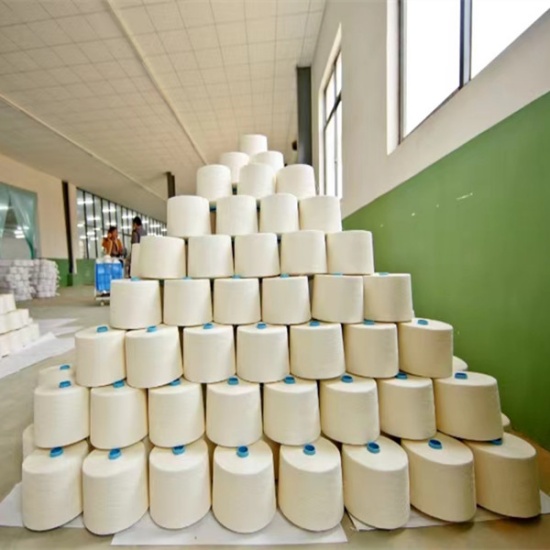
In summary, linen yarn is esteemed for its natural origin, superior properties, and versatile applications, making it a significant fiber material in the textile industry.
















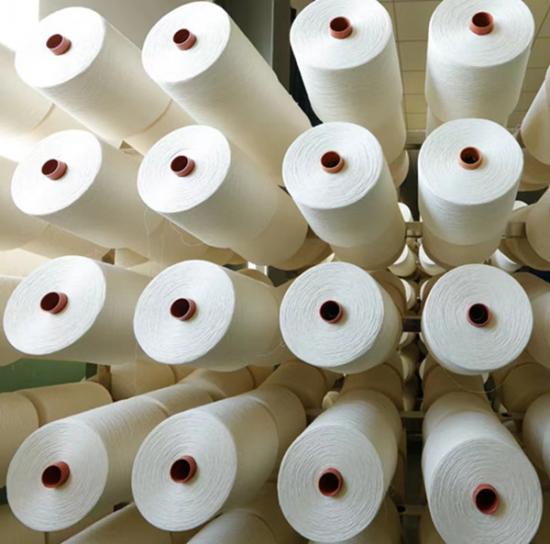
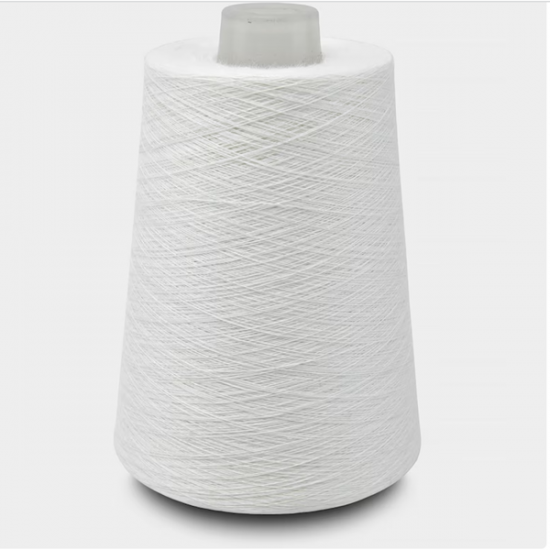
















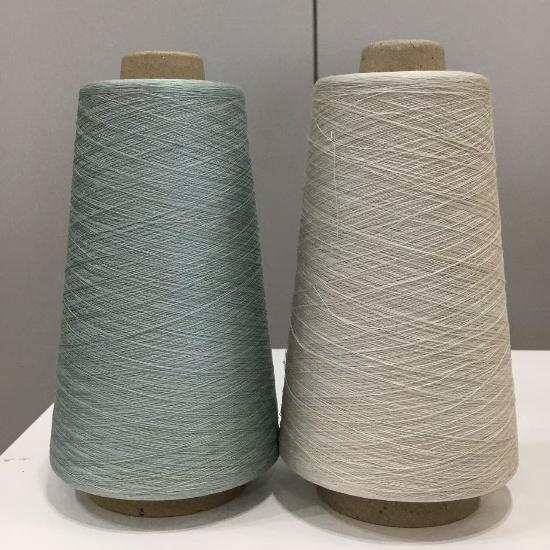
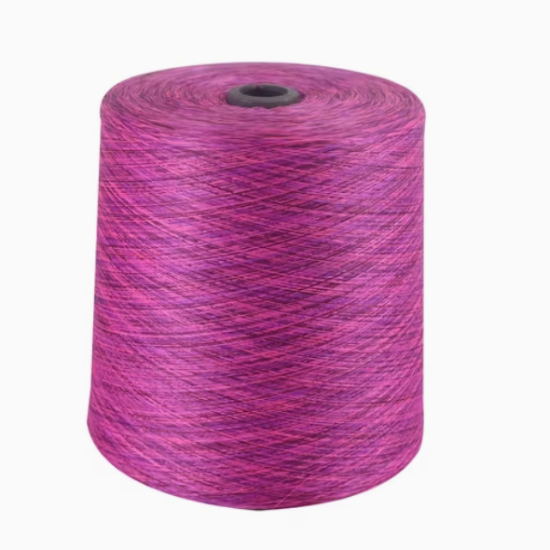
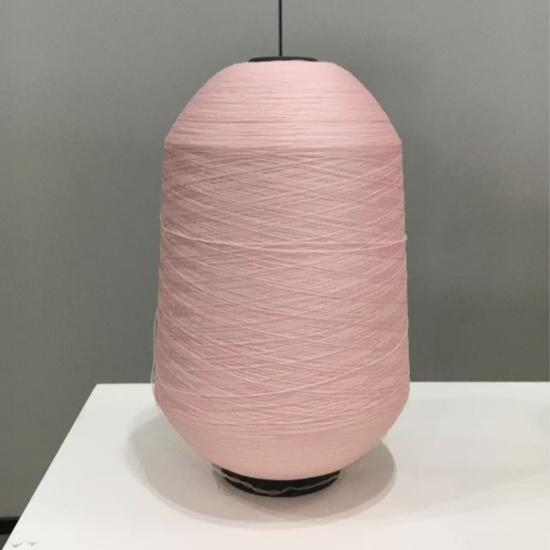
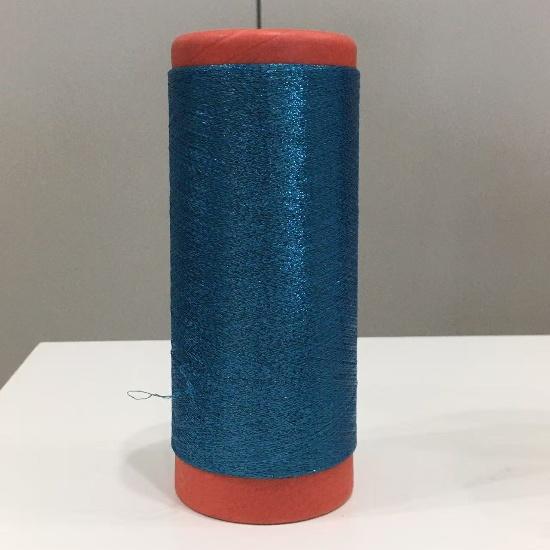






 IPv6 network supported
IPv6 network supported 